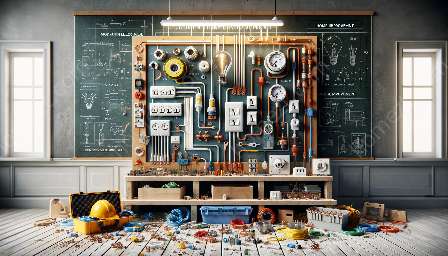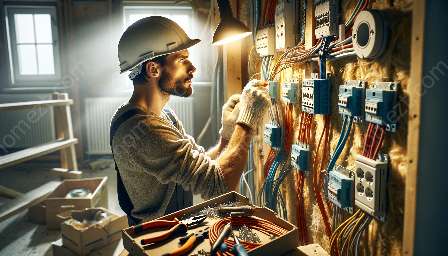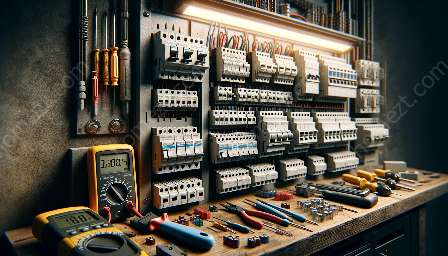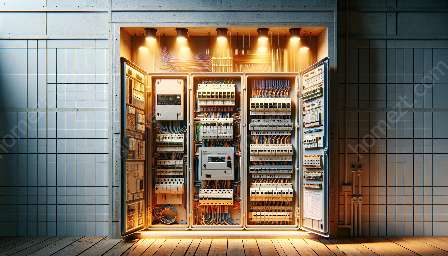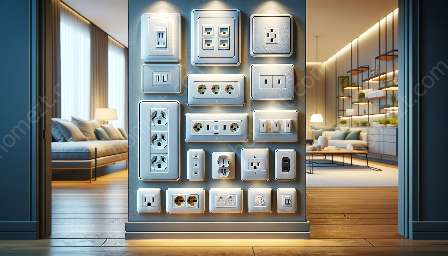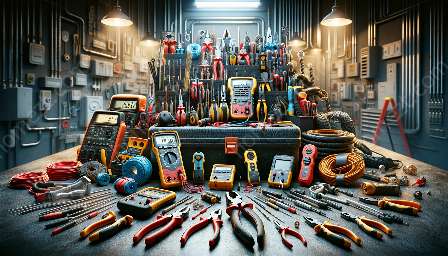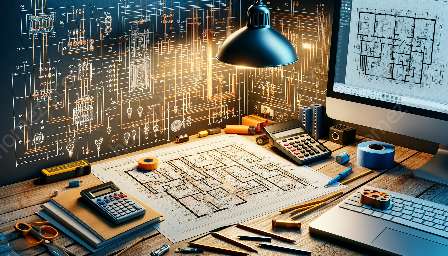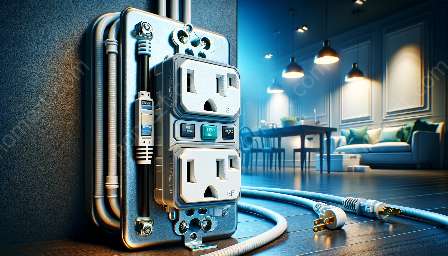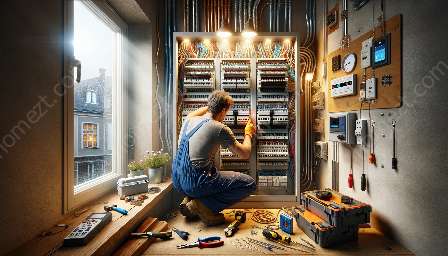An electrical panel, also known as a distribution board or breaker panel, plays a crucial role in the efficient and safe functioning of a home's electrical system. Understanding its components, types, and significance in home improvement and electrical safety is essential for homeowners and professionals alike.
Importance of Electrical Panels in Home Improvement
Electrical panels are the central hub of a home's electrical system, responsible for distributing and controlling the flow of electricity to different circuits and appliances. A properly designed and maintained electrical panel is essential for the optimal functionality and safety of electrical systems in residential properties.
Components of Electrical Panels
Typically, an electrical panel consists of circuit breakers, main disconnect, bus bars, neutral and grounding bars, and other associated components. Circuit breakers, in particular, play a critical role in protecting the electrical system from overloads and short circuits, thereby preventing electrical hazards.
Types of Electrical Panels
There are various types of electrical panels, including main breaker panels, main lug panels, subpanels, and transfer switches. Each type serves specific purposes and is designed to accommodate different electrical loads and requirements within a home. Understanding the characteristics and differences between these types is crucial for selecting the most suitable panel for a particular home improvement project.
Role of Electrical Panels in Ensuring Electrical Safety
With advancements in electrical technology, modern electrical panels are equipped with safety features such as arc fault circuit interrupters (AFCIs) and ground fault circuit interrupters (GFCIs) to protect against electrical fires and shocks. Additionally, regular inspections, maintenance, and upgrades of electrical panels are essential to ensure the safety and reliability of a home's electrical system.
Efficiency and Energy Management
Efficient electrical panels contribute to energy management by facilitating the installation of energy-efficient devices and systems, such as smart meters, solar panels, and energy monitoring equipment. These advancements enable homeowners to monitor and optimize their energy consumption, leading to cost savings and environmental sustainability.
Conclusion
Electrical panels are integral to the functioning of residential electrical systems and play a significant role in the realm of home improvement and electrical safety. It is essential for homeowners and professionals to stay informed about the latest developments and best practices related to electrical panels to ensure the efficient, safe, and sustainable operation of their homes.

